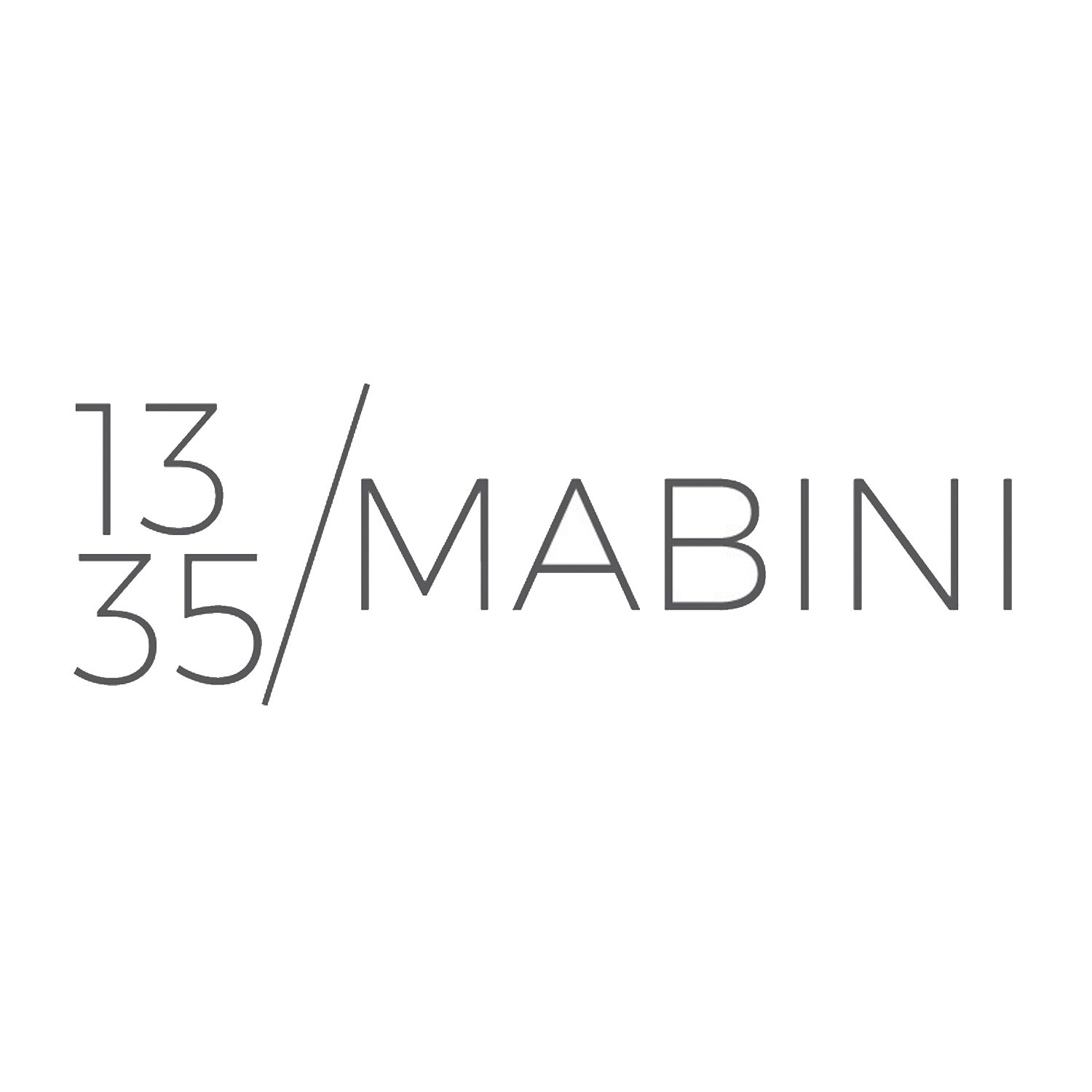Fork Bomb
OPENING:
Saturday, October 25, 2014, 6 pm
EXHIBITION DATA:
October 25 to December 20, 2014
1335MABINI proudly presents Ian Jaucian in a solo exhibition titled “Fork Bomb,” from October 25 to December 20, 2014.
The artist's 4th solo exhibition explores patterns and information loops with an overly-indulgent use of different media. A combination of intentional and purposeless play turns paintings, furniture, interactive machines and even nucleic acid (e.g. DNA) into avenues for free association. Some objects in the show are curious remnants from an experiment in translating a computer virus to a protein. Some works might never finish, such as the endless doodles of Jaucian's table-top drawing robot.
Ian Jaucian (b.1986) is a Filipino visual artist based in the Philippines. He holds a bachelor's degree in Painting from the UP Diliman College of Fine Arts and has participated in a number of international residencies including the Akiyoshidai International Artist Village residency grant in Japan, where he studied robotics. He draws much of his inspiration from science - exploring its relationship with visual art, which through the years have included paintings, sculpture, kinetic and interactive installations. As an electronics hobbyist, Jaucian also explores the value of electrical devices for artistic expression.
"End of Line, A Query
Observing the similarities between mathematical concep ts and patterns found in natural phenomena, Jaucian explores the attendant relationships between the abstract and concrete, program and execution, between subconscious drives and agency. The works in the exhibition are concerned with the process by which coded information translates into physical form, directs movement, or otherwise influences reality.
The periodic table of elements illustrates concepts ar e organized by form and given facture in separate instances of the word 'table' coincidentally the stand ard example for the Platonic 'theory of forms,' which posits that material existence is founded on the abst ract realm of Ideas. Furthermore, paintings are employed as illustrations of how pattern is programm atic: the image of an articulated fractal polygon mirrors the logic that forms a nautilus and its sutu red shell. As this dialogue recalls the programming we perceive in uncoiling ferns, branching lighting, or crys talline salt, it gives rise to notions of intellige nt design and, consequently, questions of free will and agency.
A robot is set to wander armed only with a pen and a n electronic eye. Swiping blindly as it moves forward and capable of detecting only the edge of its sensibl e world, it is unconscious of the history it traces.
Finally, we have a computer virus in multiple permuta tions. Devising a system for assigning ASCII characters to genetic sequences, Jaucian transcribes a va riant of the virus into sheet music. This, in turn, has been converted into a programmed cylinder for a m usic box. The virus finds its final manifestation as a vial of microscopic single-strand DNA, as code that s hapes life.
The virus, called 'fork bomb,' is a sequence that exp onentially self-replicates until the system exhausts its resources and crashes. As such, it is a cancerous code an d, as Jaucian's choice for the exhibition title, imparts his novel objects with unsettling overtones . The coincidental repetitions appear contrived, patt ern becomes constraint, and that cute robot starts to seem a little pathetic. Washing over it all and reinforci ng this bleak disposition, we hear Billy Joel's 'We Didn 't Start the Fire,' where roughly half a century of context and history are condensed into a string of iconi c code. In the chorus, the reasons behind the explosion of history are declared lost to both past and future and its pattern overtakes the ultimately powerless observer.
The impressions that Jaucian's works confront us with s eem grim in that history appears predetermined and any instance of agency is reduced to an articulation of the same algorithm in miniature. Jaucian, however, attests that the exhibition is meant as a hypothetical prompt for us to venture an inquiry into the conditions and relationships that shape our desires and inform our actions. As it happens, at no other time is the question of agency more compelling than th is current period where, faced with ecological crisis, we are fast-approaching a point of extinction t hat appears out of our hands and yet undoubtedly of our own making our own program's 'end of line.'"
- Antares Bartolome
Street Address
City, State, Zip
Phone Number
Your Custom Text Here





